The views expressed in our content reflect individual perspectives and do not represent the authoritative views of the Baha'i Faith.
After any painful situation, two choices become obvious: anger followed by revenge or making peace with the past through forgiveness. The first approach to solving problems always leads to more suffering, but the latter takes us to true reconciliation.
Forgiveness is the intentional and voluntary process by which a victim undergoes a change in feelings and attitude regarding an offense. In doing so, a pardon for the offender’s actions replaces negative emotions such as vengefulness, betrayal, anger, and fear.
As much as we are all flawed human beings, our inner beings also yearn for forgiveness because knowing and accepting that we have hurt someone is in itself a punishment. To salvage a ruined relationship between individuals or ethnic groups and avoid bitterness and resentment, forgiveness can provide true reconciliation.
“Forgiveness is eliminating the negativity that results from hurt by letting go of emotional baggage.”
In “The Promulgation of Universal Peace,” Abdu’l-Baha, the son of Baha’u’llah, the prophet and founder of the Baha’i Faith, advised: “If someone commits an error and wrong toward you, you must instantly forgive him. Do not complain of others. Refrain from reprimanding them, and if you wish to give admonition or advice, let it be offered in such a way that it will not burden the bearer.”
Abdu’l-Baha also said that forgiveness and justice go hand-in-hand: “As forgiveness is one of the attributes of the Merciful One, so also justice is one of the attributes of the Lord. The tent of existence is upheld upon the pillar of justice and not upon forgiveness. The continuance of mankind depends upon justice and not upon forgiveness.”
So let’s be clear on what forgiveness is and isn’t:
To forgive does NOT mean that you condone wrongdoing.
Reaching a place of true forgiveness is NOT about you deciding that what someone did is OK if it was not.
Forgiving does NOT mean you have to forget (is that even possible?).
Forgiveness IS eliminating the negativity that results from hurt by letting go of emotional baggage.
In some ways, forgiveness is comforting and powerful, but it is rarely meant for others; rather, it is for our own self-preservation and healing. As we are prone to make mistakes, God is the ultimate dispenser of pardons. We hope that when we face our maker, forgiveness for our mistakes will be forthcoming through divine grace.
I once rented out a house to tenants who turned out to be engaged in illegal activity. The damage they left behind was unbelievable: the inside wall was filled with mold, the electric meter wiring had been tampered with, and the structure had been altered. The city authorities condemned the place as unsafe and cut off the electricity and water while giving me a work order for remediation. The monetary and health cost to me was unbearable.
I was very angry with the tenants because I felt tricked. Over the following months, my internal turmoil deepened. I knew I had to move forward to restore my wellbeing — I had to forgive to restore my mental and spiritual health.
Forgiveness is a source of growth and happiness. Holding hurt, resentments, pain, and anger means poison to the self. As Confucius said about revenge, “Before you embark on a journey of revenge, dig two graves.” Living actively with anger and seeking revenge is inviting death with a thousand cuts.
Forgiveness releases personal power. Holding anger, regret, hatred, or resentment towards someone means surrendering our divine powers to that person. The only way to break away from this bondage is to forgive, not necessarily forget.
Forgiveness clears the fogginess of the mind the way the sun chases away the mist. It enables you to see all the positive qualities in the person who hurt you — qualities you loved once — and allows you to accept others’ good and bad traits, a foundation for a long-lasting, healthy relationship.
One of the greatest obstacles to the oneness of humanity is the difficulty to forgive. It takes many generations to harmonize disrupted societies. For example, in 1918, Toronto witnessed an anti-Greek riot for three days. Imagine. Throughout Ontario and Canada, Greek immigrants were targeted and falsely accused of not fighting in WWI. A century later, the annual event, “Taste of the Danforth,” happened with great joy and it is one of the greatest summer festivals in Toronto when Canadians of all colors, creeds, and sizes come together to celebrate Greek food, culture, and hospitality.

Reconciliation through forgiveness is one of the foundations of the oneness of humanity. For an effective compromise, a crucial fact must be considered. Through empathy and compassion, the larger part of the population has to recognize the suffering of the victims without dismissing them with stereotypes.
In the current social upheaval, the clarion call for change is getting louder, and hope to end misery is spreading in every corner of the globe. Only proper action is the agent of improvement. As Abdu’l-Baha said in a 1911 speech in Paris, “The wrong in the world continues to exist just because people talk only of their ideals, and do not strive to put them into practice. If actions took the place of words, the world’s misery would very soon be changed into comfort.”


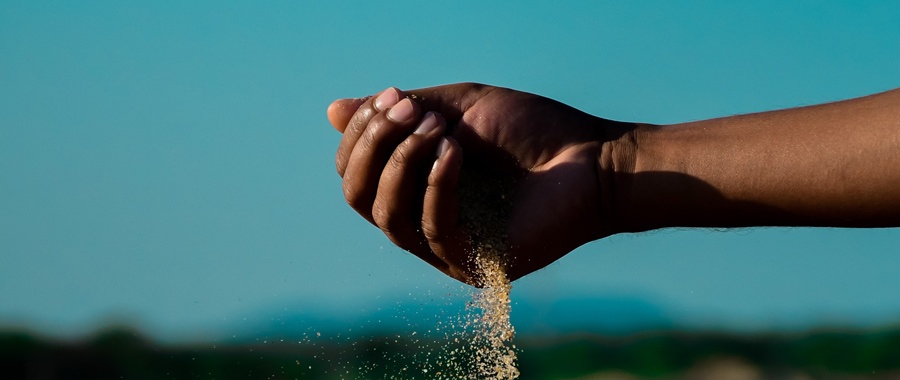

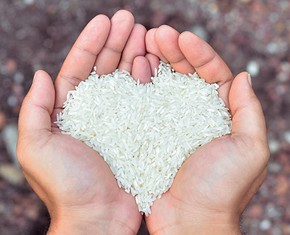

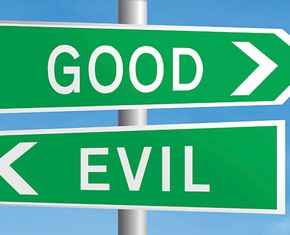
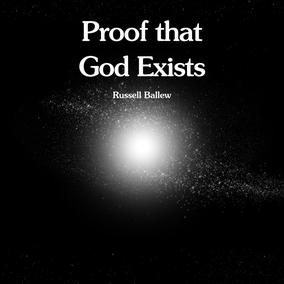
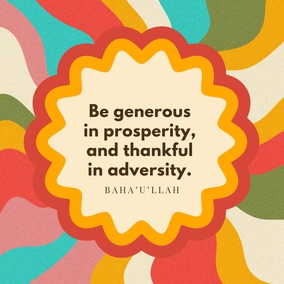
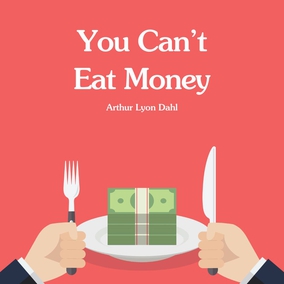






Comments
Sign in or create an account
Continue with Googleor